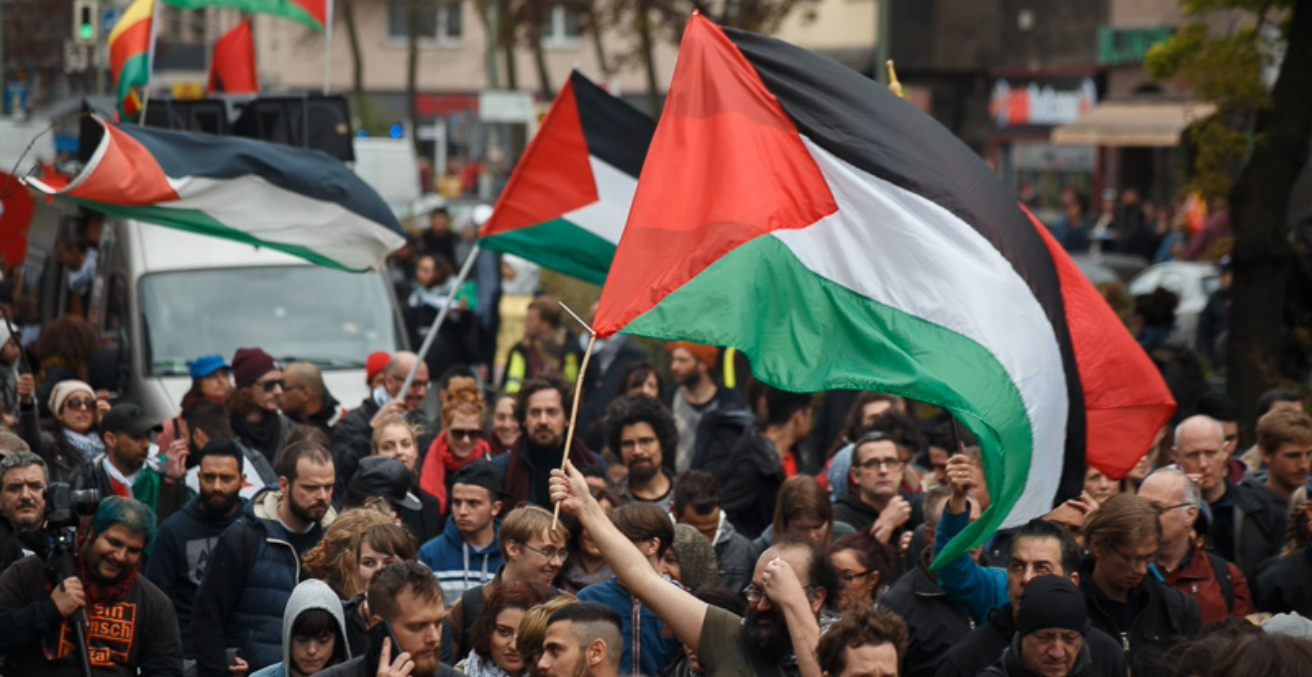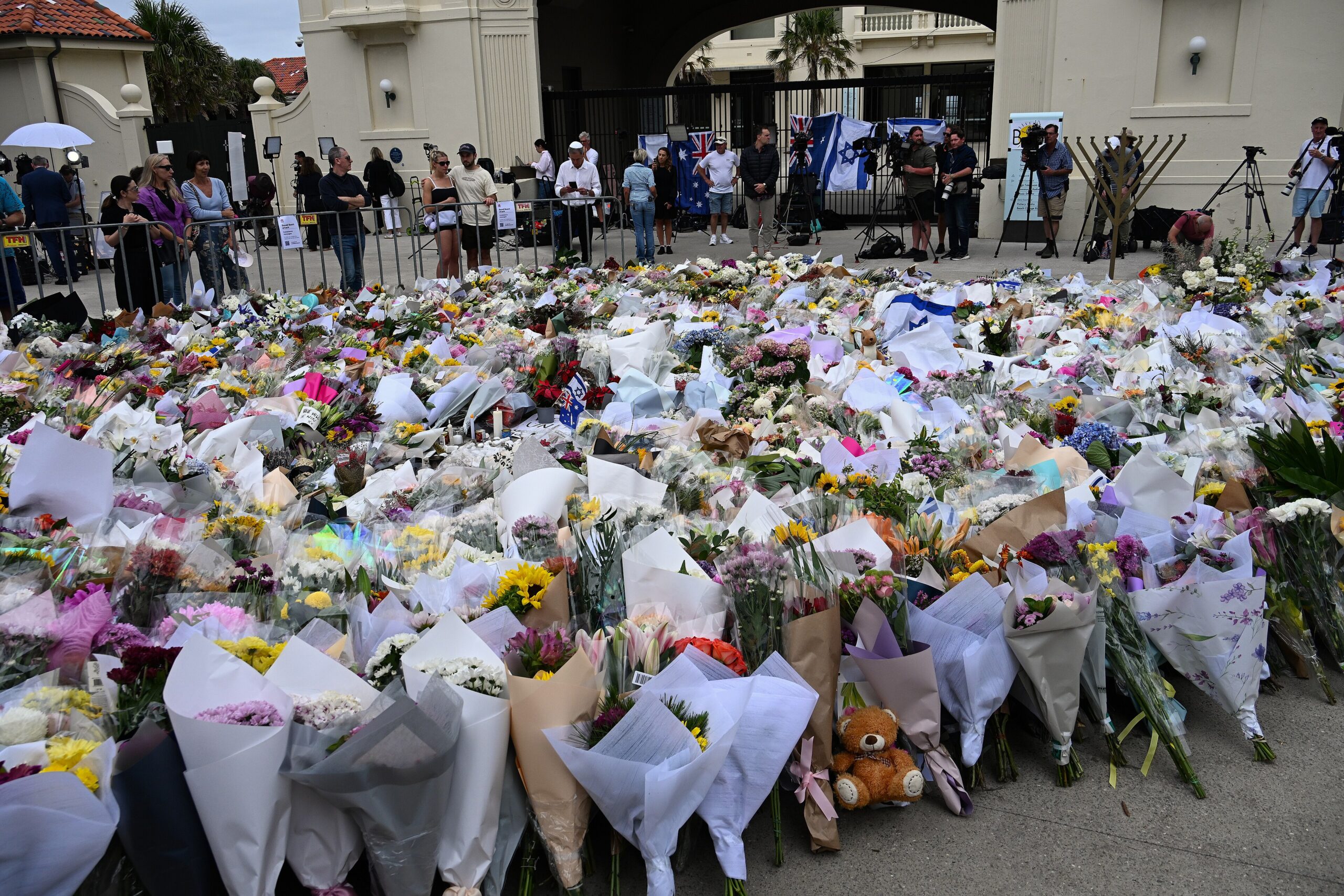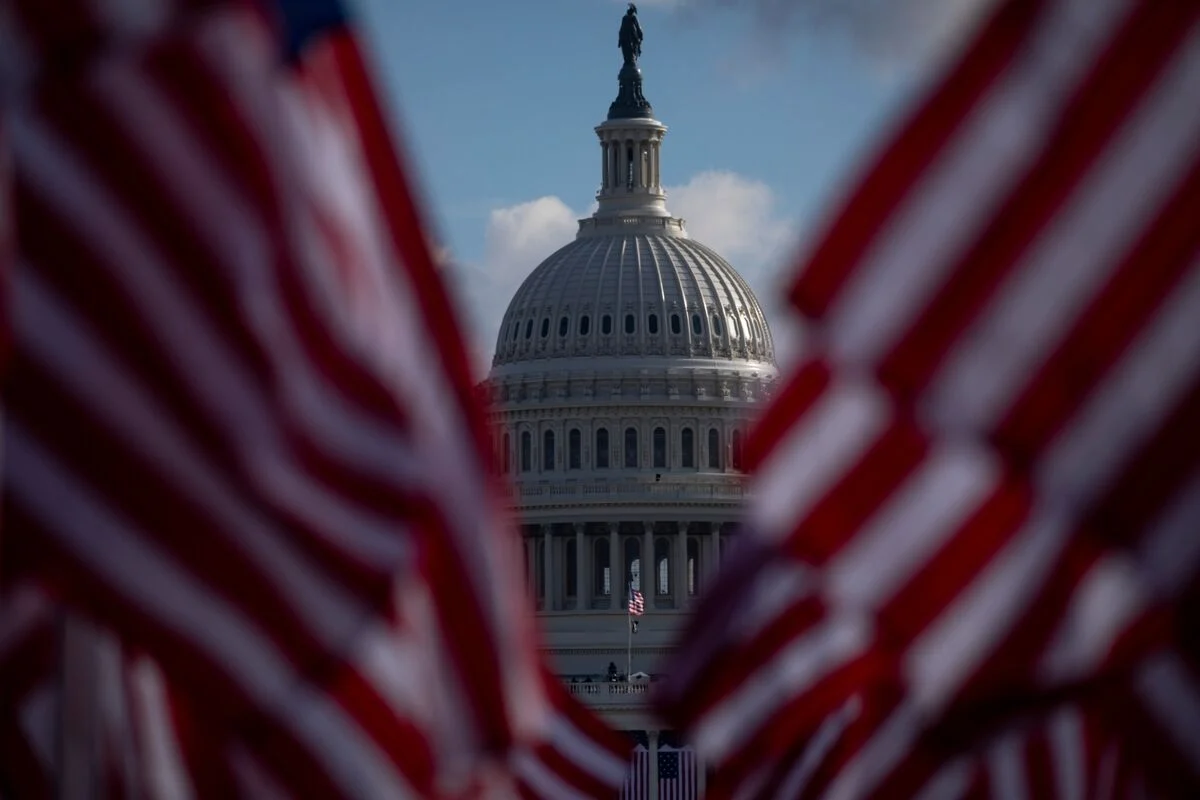Australia’s symbolic actions on Palestine may not change the course of the conflict, but they matter deeply at home. As Gaza reshapes public perception and fractures national cohesion, aligning foreign policy with Australian values becomes an urgent domestic imperative.
Australia imposing sanctions on individual Israeli ministers, or recognising a Palestinian state, will make little, if any, difference to the outlook facing Palestinians. It will not bring an immediate ceasefire to Gaza. It will not eradicate the scourge of Hamas that has cruelly destroyed what little hope there might have been of achieving a two state solution. It will not add significantly to the limited weight Palestinians already have in international bodies.
But these are necessary steps to affirm our values, and to address the fracturing of Australian society that Gaza has caused. The fundamental drivers of the conflict between Israel and the Palestinians—at its most basic a contest over identity and land—are impervious to change.
Short of a regional cataclysm, demographic realities—two populations, each of around seven million who are destined to live between the Jordan River and the Mediterranean—will not look much different a decade from now.
The search for a two state solution will continue. The alternative, at least in theory—a single state providing equality for all at the expense of the identity of Israel as a Jewish state—will not exist in the foreseeable future.
The contours of the conflict will remain determined by the fact that one side—Israel — enjoys overwhelmingly superior military capability.
The Palestinian side will enjoy only the limited protection afforded by longstanding international recognition of its right to self-determination and statehood. Horror at the genocide being unleashed upon it since 7 October 2023, and ongoing advocacy on behalf of its suffering population, especially by UN agencies and NGOs, have provided little practical benefit.
Also unchanging is the fact that problems in the Middle East grow more complex and intractable without direct and constant application of US diplomacy and authority; and, if all else fails, the credible threat of measures to bring home the cost of challenging US interests.
But among the many proposals and peace plans advanced for the Palestine conflict since the 1970s, with one partial exception, none has involved placing sanctions on Israel for its policies and behaviour. The Trump administration is unlikely to be any different in that respect. And without active US support, there will never be a Palestinian state.
What has changed, however, at least in Australia’s case, is the impact of Gaza on perceptions of Israel, and the divisions now evident in Australian society as a result of the conflict. Before Gaza there was minimal questioning of the rationale behind Australia’s approach to the Palestine question. Criticism of Israel was at best politically unrewarding, and in many cases, electoral anathema.
Australian reluctance to act in support of its values also reflected the absence, since the collapse in the late 1990s of the Oslo Process, of any clear and credible path forward for resolution of the conflict. In principle, government action has to be directed toward achieving momentum toward tangible and realistic objectives.
But the demand for action has grown exponentially. It has not been stemmed by ill-judged attempts by Israel and its supporters to stifle criticism of Israeli policy by levelling accusations of antisemitism.
Most Australians were once willing to accept an image of an embattled Israel that allowed it considerable leeway. Now, the visual imagery of Palestinian suffering and the genocidal rhetoric of senior Israeli figures, left unchallenged by Netanyahu, have stripped away that tolerance.
Within Australian society, Gaza has set loose an iceberg unimaginable even a decade ago, fracturing the Australian community along sectarian and other lines in ways that will be felt for generations. Among Muslim Australians, the Australian response to Gaza contrasts sharply with the sanctions on over 1200 individuals and organisations, and other assistance given to Ukraine. Many feel that Palestinian lives, mostly Muslim, seem to count for much less than their non-Muslim counterparts.
Gaza has also brought into sharp focus a trend that began decades ago of questioning the appropriateness, in the 21st century, of the argument that only a Jewish state of Israel can provide protection for Jews.
It remains to be seen whether Gaza will serve to rebuild the case for a state founded on the basis of Jewish exclusivity, or hasten its demise. But the terms of the debate concerning Israel have now shifted, irreversibly.
It was an argument that appealed initially after the horrors to which Jews were subjected by the Holocaust, and Israel’s survival in the wars of 1967 and 1973. From the mid-1970s onward, however, apart from an extremist fringe, the case for a Jewish state was only sustainable if it were accompanied by recognition that Palestinians were no less deserving of the right to self-determination.
It also depended to some extent upon both historical memory and lived experience among a younger generation of American Jews who were then prominent participants in, and beneficiaries of, civil rights movements.
For that postwar, increasingly secular generation, the protection supposedly afforded by a Jewish state of Israel was unlikely to be more than, at most, a theoretical concern. As in the United States, the discourse in Australia surrounding Gaza now shows extraordinary variation across the spectrum of Australian Jewish and other intellectuals, public figures and media.
For many Australian Jews—including within my extended family—the issues it raises are deeply and uniquely traumatising, at a most personal level. Against that background, seeking consistency between values and policy toward Palestine is desirable, both morally and intellectually, but politically challenging. It is not always possible. Especially where Palestine is concerned, the rationale for taking courageous policy decisions has to be compelling.
Objectively assessed, certain potential next steps—decisions to extend recognition to Palestine, to introduce sanctions in some form against Israel, and to commit Australia to fulfilling its obligations as a party to the International Court of Justice and International Criminal Court regarding Israel—are desirable in themselves.
But those decisions should not be expected to make a significant difference to the unchanging, fundamental drivers of the conflict.
The case, and it is a compelling one, for those measures rests, rather, on the argument that for the sake of Australia’s societal cohesion so strongly advocated by the prime minister—and the values Australians hold as intrinsic to their identity—those values and that cohesion must be defended and given concrete expression abroad, as well as at home.
Bob Bowker is an Honorary Professorial Fellow at the Centre for Arab and Islamic Studies at the Australian National University. He is a former Australian ambassador to several Arab countries.
This article is published under a Creative Commons License and may be republished with attribution.





